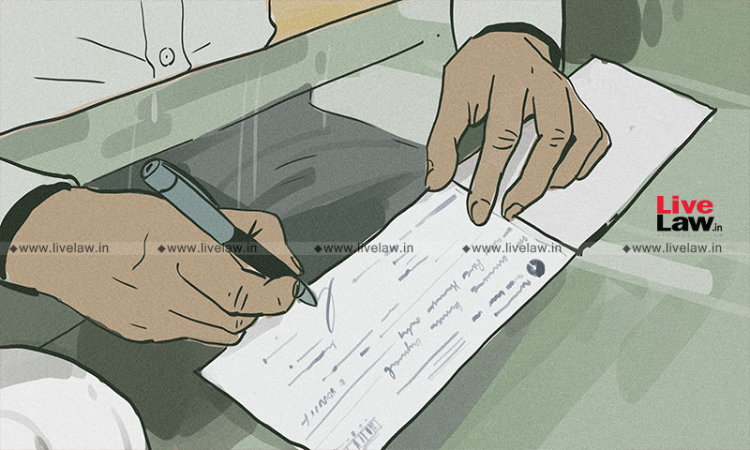While setting aside the order of a lower court, the Madras High Court recently allowed an accused under Section 138 of the Negotiable Instruments Act to examine complainant's side of witnesses. Justice G.K Ilanthiraiyan sitting at Madurai observed,"Accused has the right to demonstrate that the complainant in a particular case did not have the capacity and therefore, the case of the accused...

